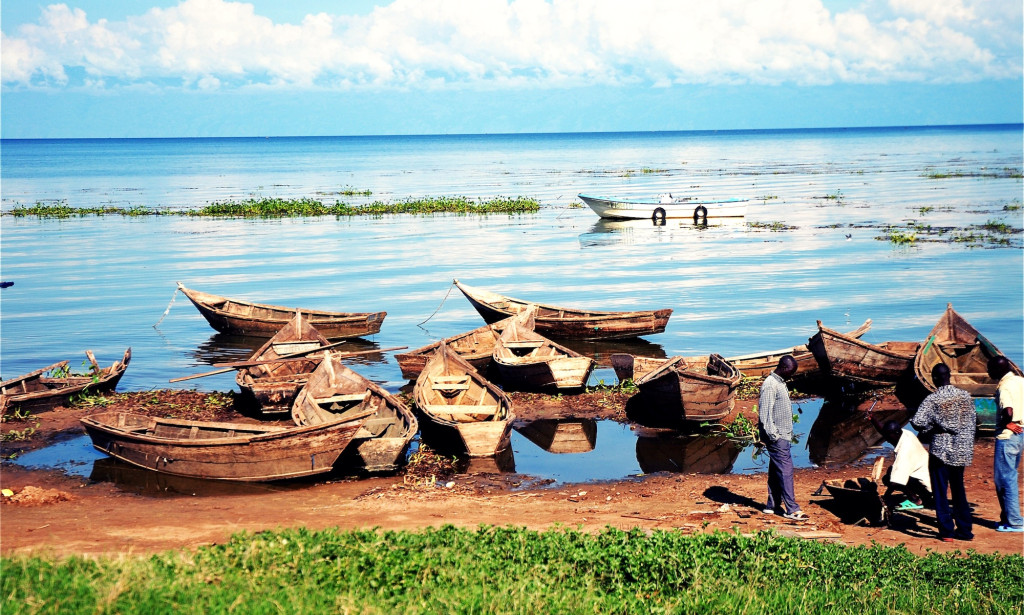When one thinks about the world's largest tropical lake, one thinks of Lake Victoria right away. Lake Victoria, which covers an amazing 68,800 square kilometers (26,600 square miles), is the largest lake in Africa as well as the largest tropical lake. This enormous lake is situated in East Africa and is surrounded by Tanzania, Uganda, and Kenya. Beyond its obvious magnitude, Lake Victoria is significant because it is vital to millions of people's lives as well as the regional ecology.
Ecological Importance of Lake Victoria
1. Biodiversity hotspot:
Biodiversity Hotspot holds great ecological significance due to its abundant biodiversity. More than 500 different species of cichlid fish can be found there, many of which are native to the lake. These fish are part of an intricate feeding chain that sustains many other aquatic animals, such as reptiles and birds. The ecosystem of the lake is unique and provides an amazing illustration of natural selection and evolutionary adaptation.
2. Economic Resource:
The lake is an essential resource for the towns that surround it. Millions of people rely on the robust fishing industry for their livelihoods. For the local inhabitants, fish from Lake Victoria are the main source of protein. The lake's economic importance encompasses transportation and trade, since it functions as a significant inland waterway that connects several East African regions.
3.Hydrological Impact:
An essential part of the Nile River system is Lake Victoria. One of the world's longest rivers, the Nile, receives its main source from it. The lake's contribution to regional water management and agriculture is highlighted by the water flow into the Nile, which sustains agricultural operations and water supplies downstream.
4.Environmental challenges:
Notwithstanding its importance, Lake Victoria has a number of environmental problems. The delicate equilibrium of the lake is threatened by pollution, invasive species such as the Nile perch, and climate change. Native fish species have declined since the Nile perch was introduced, upsetting the environment. To address these problems and maintain the biological integrity of the lake, coordinated conservation initiatives are needed.
5. Conservation Initiatives:
Numerous global and regional institutions are striving to tackle the obstacles confronting Lake Victoria. Invasive species are managed, sustainable fishing methods are promoted, and water quality is improved. By taking these steps, we hope to preserve the lake's biodiversity and make sure that its riches will last for future generations.
Conclusion:
East Africa's most valuable natural resource is Lake Victoria, the largest tropical lake in the world. Its significance is highlighted by its economic worth, biodiversity, and function within the Nile River system. However, a number of environmental issues are posing a threat to the lake's health. Maintaining this priceless natural resource is essential to making sure that Lake Victoria's ecosystem is healthy and viable for many years to come.


You must be logged in to post a comment.